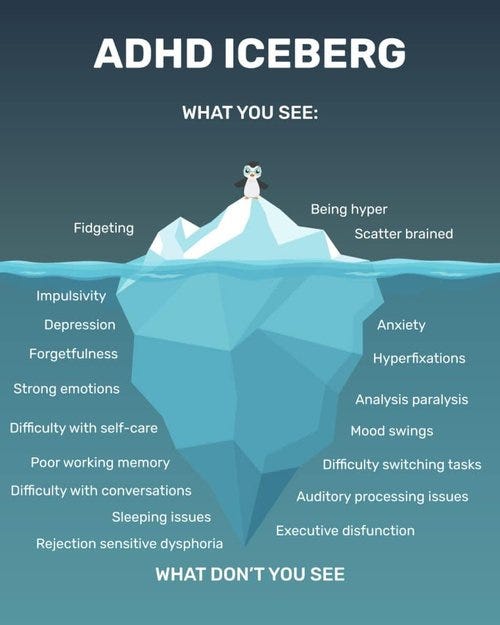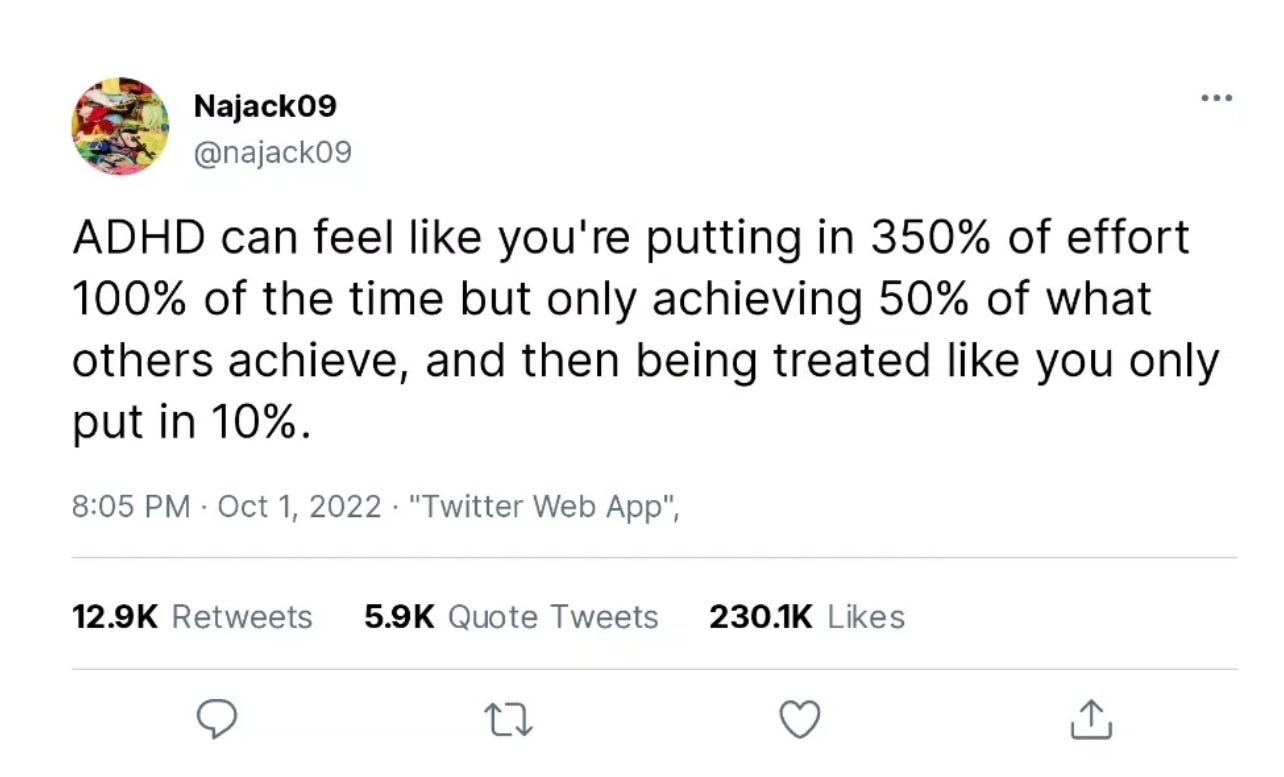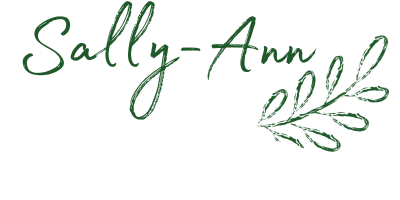Hi, I'm neurodivergent
I open up about discovering I am neurodivergent and have ADHD
It’s Neurodiversity Celebration Week, so it feels like the right time to finally share my story.
Hi, my name is Sally-Ann and I am neurodivergent.
I only discovered this about a year ago, aged 31. That's quite late to learn a fundamental aspect about myself that influences every part of my personality and life. I'm still learning and adjusting to what this means for me.
What I do know is, finally discovering this about myself is the best thing that has ever happened to me.
Neurodiversity is the concept that there is natural variation in the human brain that leads to differences in how we think and behave.
People whose brains work differently from what is seen as ‘typical’ are neurodivergent, such as those of us with autism, ADHD, dyslexia, dyspraxia, dyscalculia and Tourette’s. People with brains that fit the more ‘typical‘ way of thinking and behaving are neurotypical.
I was diagnosed with dyspraxia and dyslexia as a child. But it was never explained to me that this meant my brain worked differently from most people's.
All I've known for most of my life is that this means I'm clumsy and uncoordinated (I don't need anyone to tell me that), and I'm supposed to be bad at reading and writing - two of my greatest skills.
Mostly I've spent my adult life believing that I was shy, lazy, pathetic, stupid, depressed, and unlikeable. 'Slow' is a word that has been applied to me all my life. I struggle to do many things that most people find easy.
I couldn't understand how everyone else seemed to be able to just get on every day and achieve things and make friends. I told myself again and again I was not trying hard enough. That tomorrow would be different. It never was.
My twenties were an angst-filled chaotic mess. I'm not sure how I or my relationship survived to be quite honest. Many friendships did not. It was clear adulthood was not for me but I could not nail down why.
This happens for many undiagnosed neurodivergent people. Once we’re away from the structure and support of school and living with parents, things begin to derail.
Growing up different but not knowing why meant I developed many masking behaviours and coping mechanisms. In my last years of high school, I had no idea who I was and I felt that I had no personality.
I’m sure most people who know me in real life reading this would be surprised at my admission of my struggles.
In November 2022, I stumbled across an article ‘10 adult ADHD signs you may not realize are actually symptoms’. I read it out of curiosity.
I’d seen ADHD memes that I resonated with. But I didn’t think of myself as hyper or bubbly and extroverted (the only things I associated with ADHD) so I hadn’t pursued it before.
I read the article and suddenly my world shifted. It was like jigsaw pieces slotting into place. Every symptom they described was exactly me. How hadn’t I realised this before? It set me on a new hyperfixation, watching every video on How to ADHD and reading everything I could find on ADHD in adult women.
I discovered the term neurodivergence. I realised after all this time battling with my brain alone that there’s a whole community of people out there whose brains worked in similar ways to mine. I connected with them and found my people. We realised that my partner likely has ADHD too.
That might sound unlikely, but it’s not. Many neurodivergent people are drawn to each other without knowing. When you live in a world that doesn’t understand you, it makes sense that you feel most comfortable around those who do.
Over a year on, there’s no doubt in my mind that I have ADHD. But on paper, I don’t. I don’t have a diagnosis. To get one I must either wait for years on the NHS waiting list (if I can convince clueless GPs to refer me) or pay a large amount of money to get a private diagnosis.
But then I would have to pay for medication or ongoing support or battle to have that diagnosis recognised by the NHS (probably ending up on that waiting list). Basically the UK is not a great place to be when you realise you have ADHD.
I haven’t decided whether to seek a diagnosis yet. When I opened up to a group of friends about having ADHD not only did they accept me but I learnt a few of them were also neurodivergent (again like attracts like!).
And about not having a diagnosis, one of those friends said fellow neurodivergents will get it and accept you. And everyone else may not but it doesn’t matter.
I have been trying to write this for over a year. But without an official diagnosis and the vitriol about 'everyone having ADHD nowadays', I've not had the confidence. I feared judgement. I had imposter syndrome and concerns around being seen as jumping on the bandwagon.
The reality is thousands of women like me are living with undiagnosed ADHD. Often it is misdiagnosed as depression, anxiety or bipolar disorder. But of course, we often do have anxiety and depression too, a result of living in a society that was not made for us.
We’re only just discovering it about ourselves. Increased awareness and information sharing online is helping us wake up to our reality. TikTok has played a huge role! The myth that only hyper young boys can have ADHD is starting to dissipate.
This is who I am. I know myself and I know my brain. I live in it and, honestly, most of the time it’s a constant struggle. People can judge me and doubt me, but that’s nothing new when you’re neurodivergent.
The results speak for themselves. Learning how my brain works and developing ways to work with it instead of against it has changed my life for the better. Now I look back on my past self with regret and empathy. I wonder how I ever managed without knowing.
Don’t get me wrong, I still have unmedicated ADHD and find life an uphill battle most of the time. But now I am learning to accept myself as I am and develop strategies to make my life more ADHD-friendly.
I plan to write more about how being neurodivergent affects me and how I am learning to navigate it. One of the reasons I started this Substack was so I could explore this (huge) part of myself and hopefully help and inspire others in the process. Finally, I have the courage to speak my truth.
NB. I must clarify here that I am not a qualified medical professional/psychiatrist or an ADHD coach, I can only talk about my research as it relates to me and my experiences.
If you want to learn more about ADHD, I recommend checking out How to ADHD on YouTube (Jessica has a book now too!) and ADHD_love on all the social channels (they also have two books!).






Welcome to the club! I became official at age 42. Better late than never!
What a wonderful testament to the power of achieving self-understanding ❤️ I'm so happy that you feel conviction in this discovery about yourself, and I look forward to hearing about how you are building your life around this knowledge ❤️